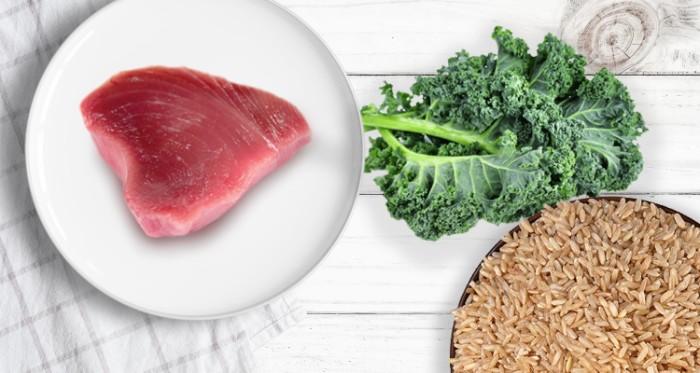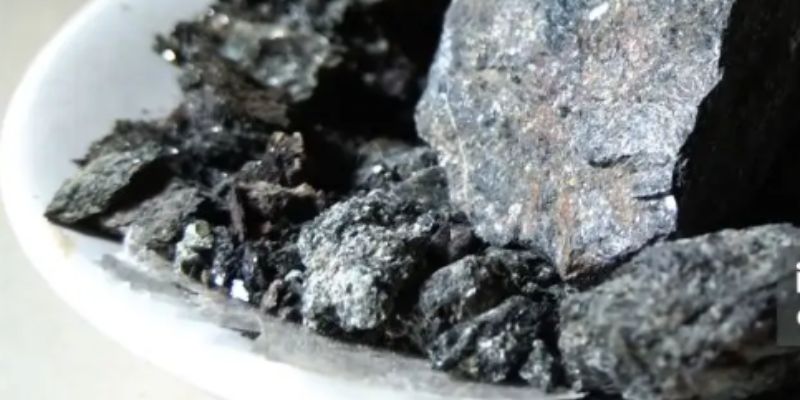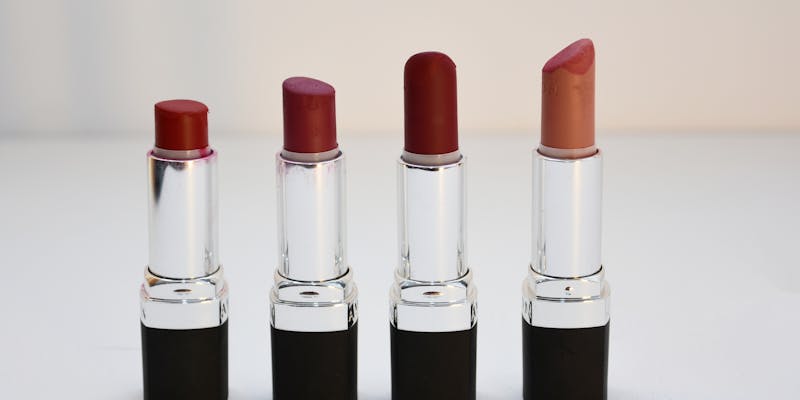Suppose you've been feeling more sluggish than usual or experiencing some weird symptoms that don't seem to disappear. To consider a heavy metal detox diet. In today's post, we're examining why this cleansing can help get your body back in balance.
With all the toxins and pollutants in our environment and food supply, heavy metals are increasingly making their way into our system without us even realizing it. A heavy metal detox diet focuses on ridding your body of these toxins by focusing on specific foods, minerals, and herbs to target the removal of certain toxic elements from within your body.
Learn how a proper detoxification regimen could help you reach optimal health and well-being.
Understanding the Role of Heavy Metals in the Human Body
Heavy metals are naturally occurring elements that can be found in the environment. They can also enter our bodies through certain foods and activities, such as eating fish or working in an industry that uses metals. Heavy metals such as lead, mercury, arsenic, cadmium, and aluminum can accumulate in the body over time and cause serious health issues. Heavy metal toxicity can affect many organs and systems, from the nervous to the kidneys.
Due to this potential risk, a Heavy Metal Detox Diet is often recommended to help reduce the levels of heavy metals in your body. This diet focuses on avoiding certain foods and activities that may be linked to higher levels of heavy metals in the body. It also includes foods rich in key nutrients that help bind with and remove heavy metals from the body.
The Heavy Metal Detox Diet is designed to reduce exposure to potentially harmful metals while providing essential vitamins and minerals for optimal health. This diet can be especially beneficial for those looking to improve their health and well-being. Following a Heavy Metal Detox Diet can improve your health and reduce the risk of heavy metal toxicity.
Discussing this diet with your doctor before starting it is important, as it may only be suitable for some. Additionally, individuals who work in an industry that uses metals should take extra care when considering this diet. Heavy metal toxicity is a serious health issue and should not be taken lightly. If you believe you may have been exposed to heavy metals or are experiencing any toxicity symptoms, please contact your doctor immediately.
Following the Heavy Metal Detox Diet and taking additional steps to reduce exposure to metals can improve your overall health and well-being. Heavy metal toxicity is a serious health concern that can be avoided with the right diet and lifestyle changes. Reducing exposure to heavy metals is important to maintain optimal health.
Benefits of a Metal Detox Diet

A Heavy Metal Detox Diet is an effective way to reduce the levels of heavy metals in your body. This type of diet can help to improve your overall health and well-being in several ways, including:
1. Improving Cognitive Function: Heavy metal toxicity has been linked to cognitive issues such as memory loss, confusion, and difficulty concentrating. By reducing the number of heavy metals in your body, you can improve your cognitive function and mental clarity.
2. Lowering Risk for Heavy Metal Toxicity: Heavy metal toxicity can lead to serious health issues such as kidney damage, neurological problems, and impaired immune system functioning. Following a Heavy Metal Detox Diet can help reduce your risk of heavy metal toxicity.
3. Improving Nutrient Absorption: Heavy metals can interfere with absorbing essential vitamins and minerals. By eliminating these elements from your body, you can enhance nutrient absorption and improve your overall health.
4. Boosting Energy Levels: Heavy metal toxicity is known to cause fatigue, low energy levels, and decreased physical performance. By removing these toxins from your body, you can reap the benefits of increased energy levels and improved physical performance.
Following a Heavy Metal Detox Diet is an effective way to reduce the number of heavy metals in your body and improve overall health. Discussing this diet with your doctor before starting is essential for optimal safety and effectiveness.
Steps to Follow When Undertaking a Metal Detox Diet
1. Eliminate Heavy Metal Containing Foods: Heavy metals are found in some foods, such as seafood, vegetables, grains, and dairy products. Reducing your intake of these foods is important to minimize exposure to heavy metals.
2. Increase Intake of Heavy Metal Binding Nutrients: Certain vitamins and minerals have a high affinity for binding to heavy metals and removing them from the body. Increasing your intake of these nutrient-rich foods can help with detoxification.
3. Take Heavy Metal Detox Supplements: Heavy metal detoxes supplements such as chlorella, cilantro, and chondroitin sulfate can help to bind to and remove heavy metals from the body.
4. Drink Plenty of Water: Drinking plenty of water helps to flush out toxins in the body and can help reduce your risk of heavy metal toxicity.
5. Avoid Heavy Metal Exposure: Heavy metals are commonly found in industrial settings, so it is important to reduce exposure if you work in an industry that uses metals such as lead or mercury.
6. Exercise Regularly: Exercise can help to reduce the levels of heavy metals in your body by promoting detoxification and boosting circulation.
Foods to Eat During a Metal Detox Diet

1. Green Leafy Vegetables: Green leafy vegetables such as kale, spinach, and Swiss chard are rich in vitamins and minerals that can help to bind to heavy metals and remove them from the body.
2. Citrus Fruits: Citrus fruits such as oranges and lemons are a great source of vitamin C, which can help to boost the body’s natural detoxification system.
3. Nuts and Seeds: Nuts and seeds are rich in essential fatty acids that can help reduce inflammation and support detoxification.
4. High Fiber Foods: High-fiber foods such as whole grains, legumes, and fruits are great for promoting regular bowel movements, which can help to remove heavy metals from the body.
5. Herbs and Spices: Certain herbs and spices, such as cilantro, garlic, and turmeric, are known to have detoxification properties that can help reduce the levels of heavy metals in your body.
6. Bone Broth: Bone broth is a great source of minerals that can help to bind to and remove heavy metals from the body.
FAQs
How long does it take to detox heavy metals?
The time it takes to detox heavy metals depends on your situation. Your body's toxicity levels take several weeks or months to completely remove heavy metals from your body, so it is important to work closely with your doctor throughout the process.
Are there any side effects?
Heavy metal detox diets can cause mild side effects such as nausea, dizziness, and fatigue. It is important to consult your doctor if any of these symptoms become severe.
Are there any natural alternatives?
Yes, there are several natural alternatives to help reduce heavy metal toxicity. These include eating a balanced diet rich in detoxifying foods, taking supplements that bind to heavy metals, drinking plenty of water to flush out toxins, and avoiding exposure to environmental sources of heavy metals.
Conclusion:
In summary, a heavy metal detox diet is essential if you want your body to function properly. An increase in toxins can cause symptoms that will return if not removed. By taking the right steps, such as avoiding certain foods and introducing specific minerals and herbs, this type of cleanse is incredibly beneficial for achieving optimal health.







